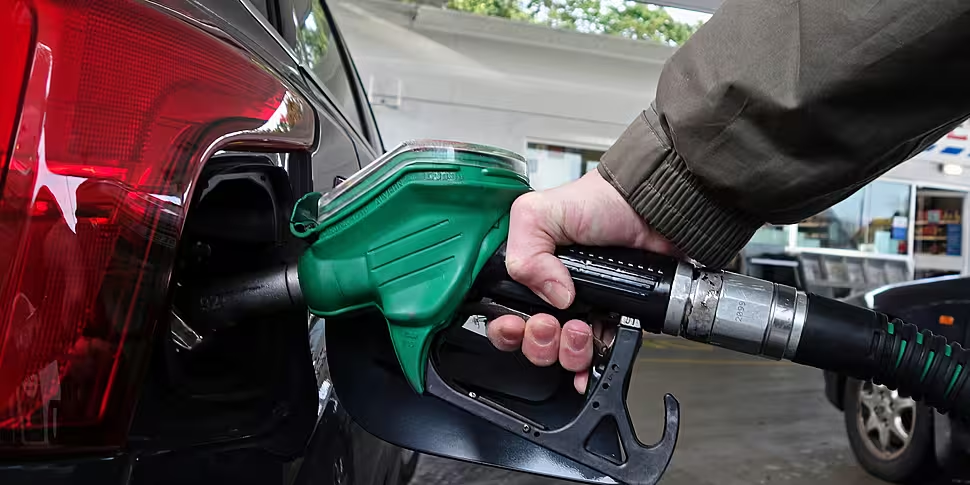Anyone buying petrol at the pump today is likely paying as much as 33% more than they did this time last year.
Figures from AA Ireland show petrol is currently 170.3 cents per litre, compared to just 129.9 in January 2021.
There's a similar difference with diesel - rising from 120.8 cents last year to 160.5 cents this year.
The ongoing Russia-Ukraine crisis has been cited as one of the key factors driving prices up.
However, David Horgan - managing director of oil and gas explorer firm Petrel Resources - told The Pat Kenny Show that crisis is just one of the reasons why we're seeing these price increases.
He explained: “Everyone’s focused on Ukraine, and that’s the immediate crisis. But the underlying story is that this was an accident waiting to happen.
“The supply to demand balance has been tightening dramatically since late 2020 and the recovery from COVID. Since around 2014, there’s been almost no new exploration in oil, and companies have delayed necessary developments.
“The net result is we were facing into a supply crunch even without COVID - but COVID sort of screwed it up again, because that caused a price war.”
European energy policy has been gradually shifting away from fossil fuels, as part of efforts to decarbonise economies and address the climate change emergency.
That in turn has led to further uncertainty around current and future gas and oil supplies.
Countries such as Saudi Arabia and Russia, meanwhile, have been gradually increasing oil supply since mid-2020, but they're now facing more restraints - complicated further by the current instability in eastern Europe.
Mr Horgan said: “Russia is still 11% of world production, and it exports around 7% of the market. We cannot take an interruption to supply.
“But if it wasn’t going to be Ukraine, it was going to be a crisis somewhere else. It’s a market that’s been allowed to become too tight.”
Ukraine crisis
Western countries and the EU have threatened Russia with severe sanctions if they do ultimately invade Ukraine.
However, Mr Horgan argued that the Germans are being the "smart adults in the room" by so far ruling out sanctions on Russian gas or oil exports - exports Europe relies on to meet demand.
He said: “We don’t want European consumers shivering in the dark.
“If you’re going to sanction someone, sanction them in a way that hurts them and not us.”
Mr Horgan said that while Russia has been seen as “nefarious” by many countries since the Cold War, they have consistently honoured their international contracts around oil and gas for many decades,
He said: “Russia has always been a reliable supplier because it wants to protect its long-term market and the likes of revenue."
As the EU looks to phase out oil, however, Mr Horgan suggested it “makes more sense” for Russians to increasingly look towards rapidly-growing markets like China and India.
In terms of the current crisis, he said there's a “speculative element” to the prices at the moment that hasn’t been passed down to consumers - if that does happen, prices at the pump could rise further by 19c per litre.
He said: “The speculative element can reverse instantly.
“However, even if the Ukraine crisis is resolved - which I suspect it will be - there’s going to be another crisis somewhere else.
"This problem of underinvestment in a rapidly growing market for oil and gas has to be resolved - and one way to resolve it is through higher prices."









